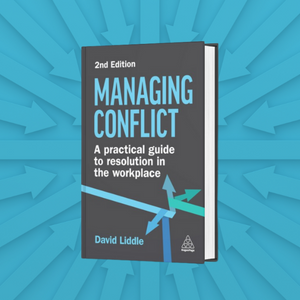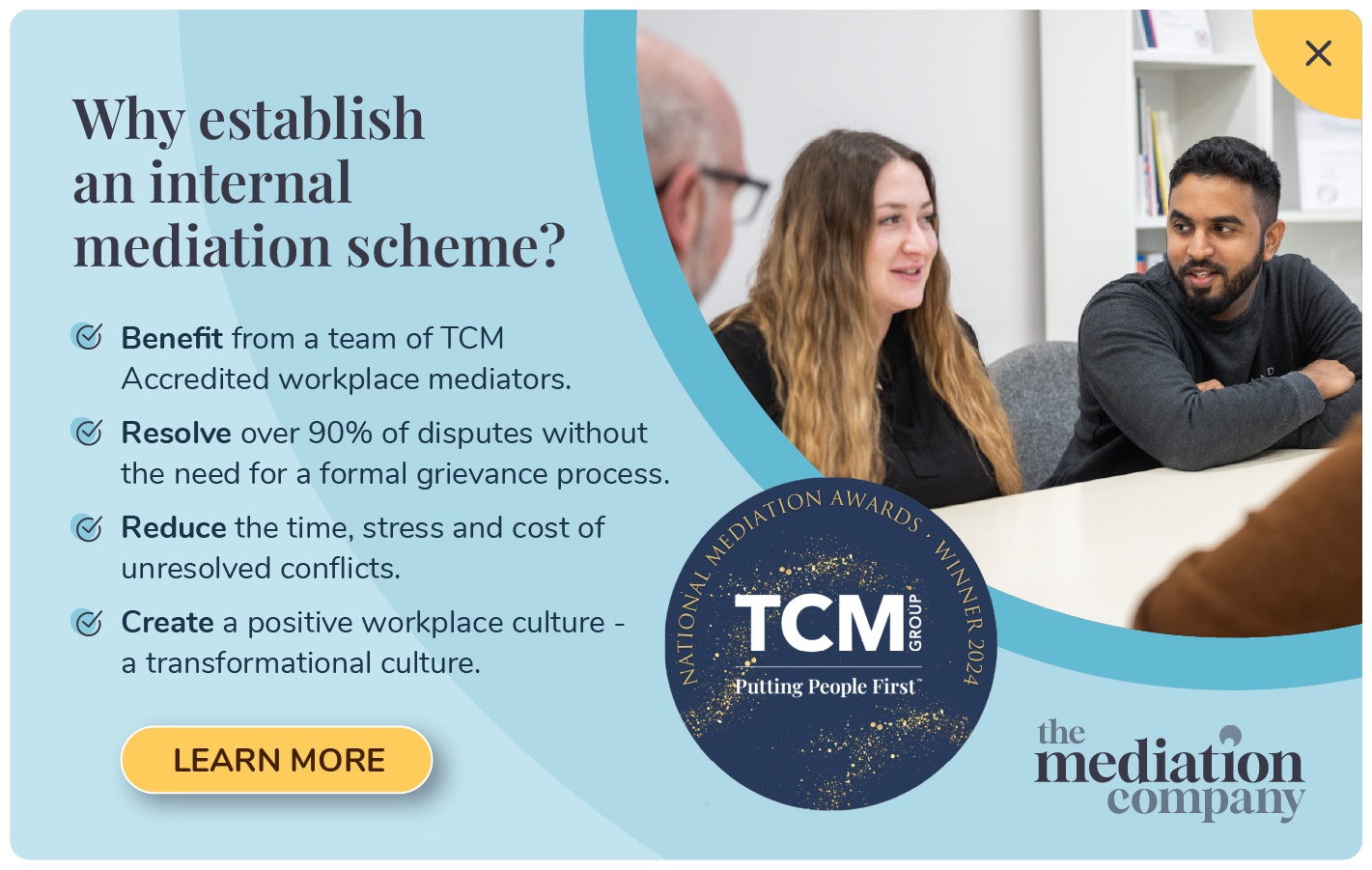
Share article:
Tags:
In recent years, the necessity for a paradigm shift in the approach to managing workforces has become increasingly evident. Globally, traditional Human Resources (HR) departments are undergoing a gradual transformation into People and Culture departments, embracing progressive HR strategies. This change in nomenclature signifies a recognition of the critical importance of prioritizing employee well-being, extending far beyond mere linguistic adjustments. For HR or People & Culture professionals in 2023, the time has come to fully embrace this evolution rather than merely adopting it superficially. This article delves into four pivotal reasons why professionals in people-oriented roles must wholeheartedly embrace this new approach.
- Valuing People: The transition from HR to People and Culture signifies a shift in mindset, highlighting the significance of each individual within an organization. The People & Culture approach acknowledges and celebrates the unique value that each person contributes to the workplace. It is imperative for organizations to cultivate environments that foster collaboration, innovation, and personal growth. Employees should no longer be perceived merely as ‘resources’ to be managed and controlled. By implementing progressive HR strategies, organizations can ensure that employees are appreciated for their diverse contributions, skills, perspectives, aspirations, and goals. This approach enables employees to bring their authentic selves to work, resulting in increased engagement, innovation, and loyalty to the organization.
- Increasing Engagement: Employee engagement is crucial for organizational success, health, and sustainability. People & Culture prioritizes the establishment of inclusive and engaging work environments. The objective is to empower employees, cultivate a sense of connection to the company’s mission, and foster enthusiasm for their work. When employees feel a sense of belonging, they are more inclined to seek opportunities for growth and development, thereby making greater contributions to the organization’s strategic objectives.
- Creating a Transformational Culture: Organizational culture plays a pivotal role in its success or failure. While traditional HR often focused on implementing policies and procedures, People & Culture strives to cultivate a vibrant workplace culture. This approach seeks to align employees’ beliefs and values with the company’s mission, instill a sense of purpose, and foster a collective identity that employees feel invested in. A well-crafted workplace culture enhances employee retention, attracts top talent, and provides the organization with a competitive edge.
- Looking Towards the Future: The business landscape is constantly evolving, influenced by technological advancements, societal shifts, geopolitical changes, globalization, and shifts in workforce dynamics. To thrive in such dynamic circumstances, organizations must demonstrate agility, adaptability, authenticity, and courage. Progressive HR strategies play a crucial role in supporting organizations on this journey by promoting a culture of continuous learning, embracing innovation, and facilitating the acquisition of new skills. By doing so, organizations can stay ahead of the curve and maintain their competitive edge.
David Liddle, the founder and CEO of TCM, emphasizes, “HR stands at an inflection point. One path (the status quo) leads to increasing irrelevance. The other (the human-centric approach) positions HR as one of the most strategically significant functions within our organizations.”








